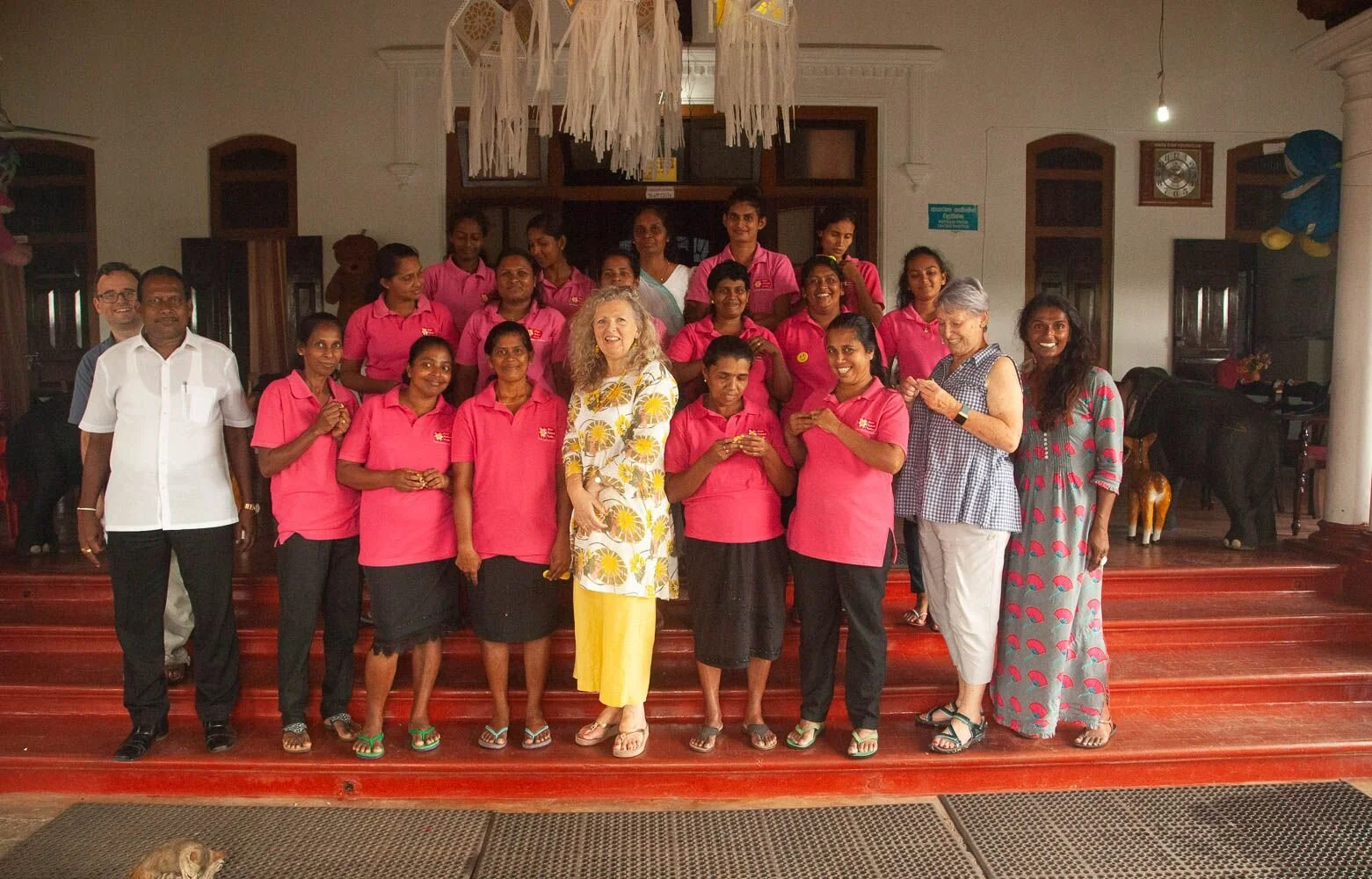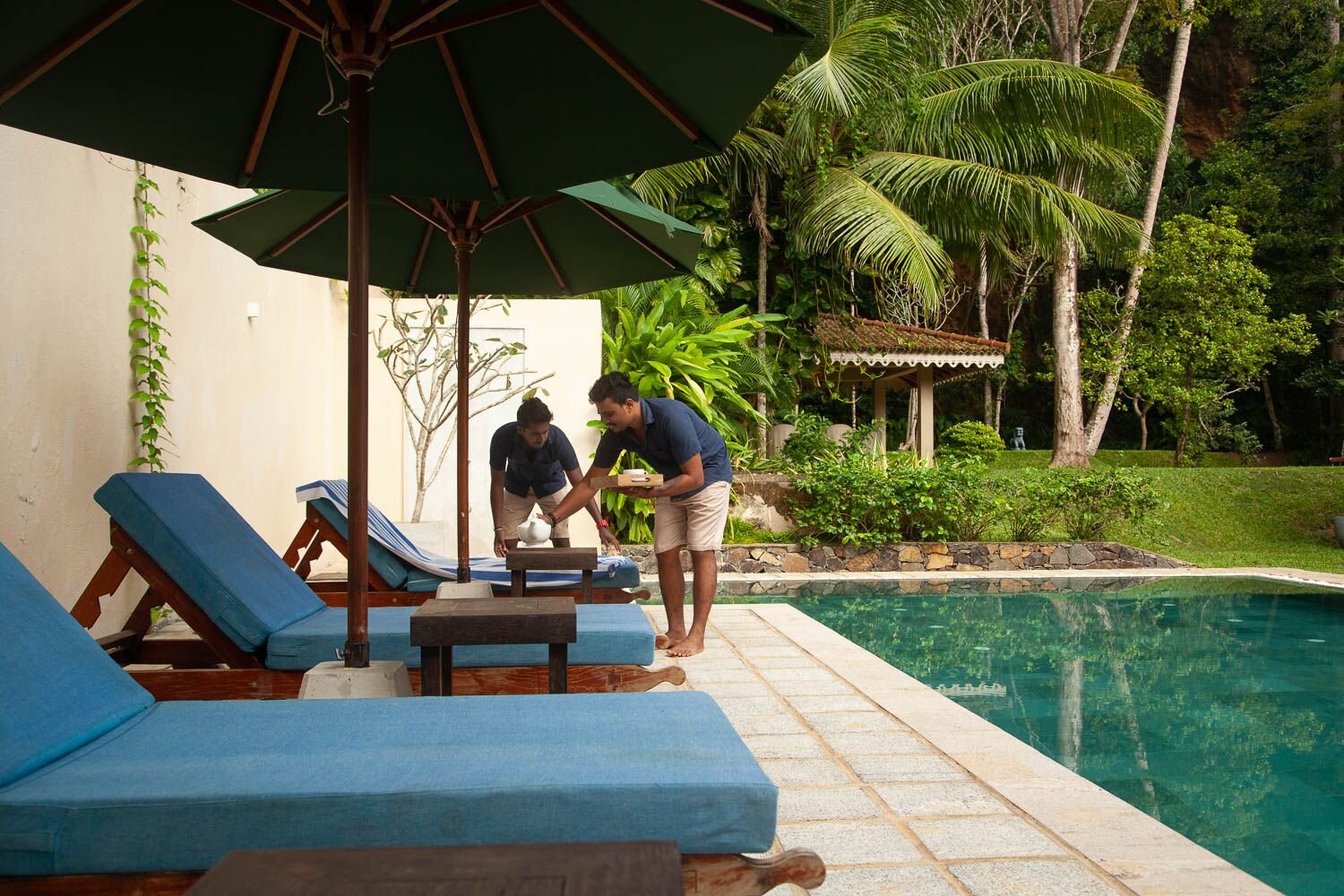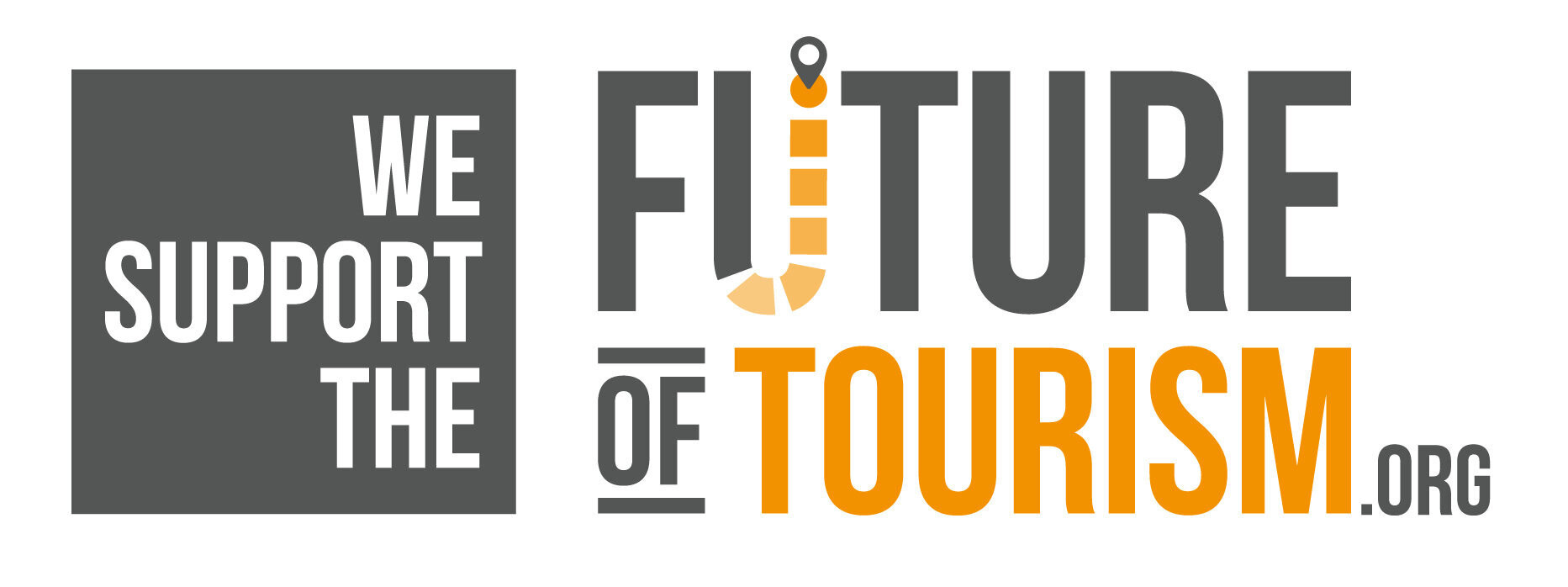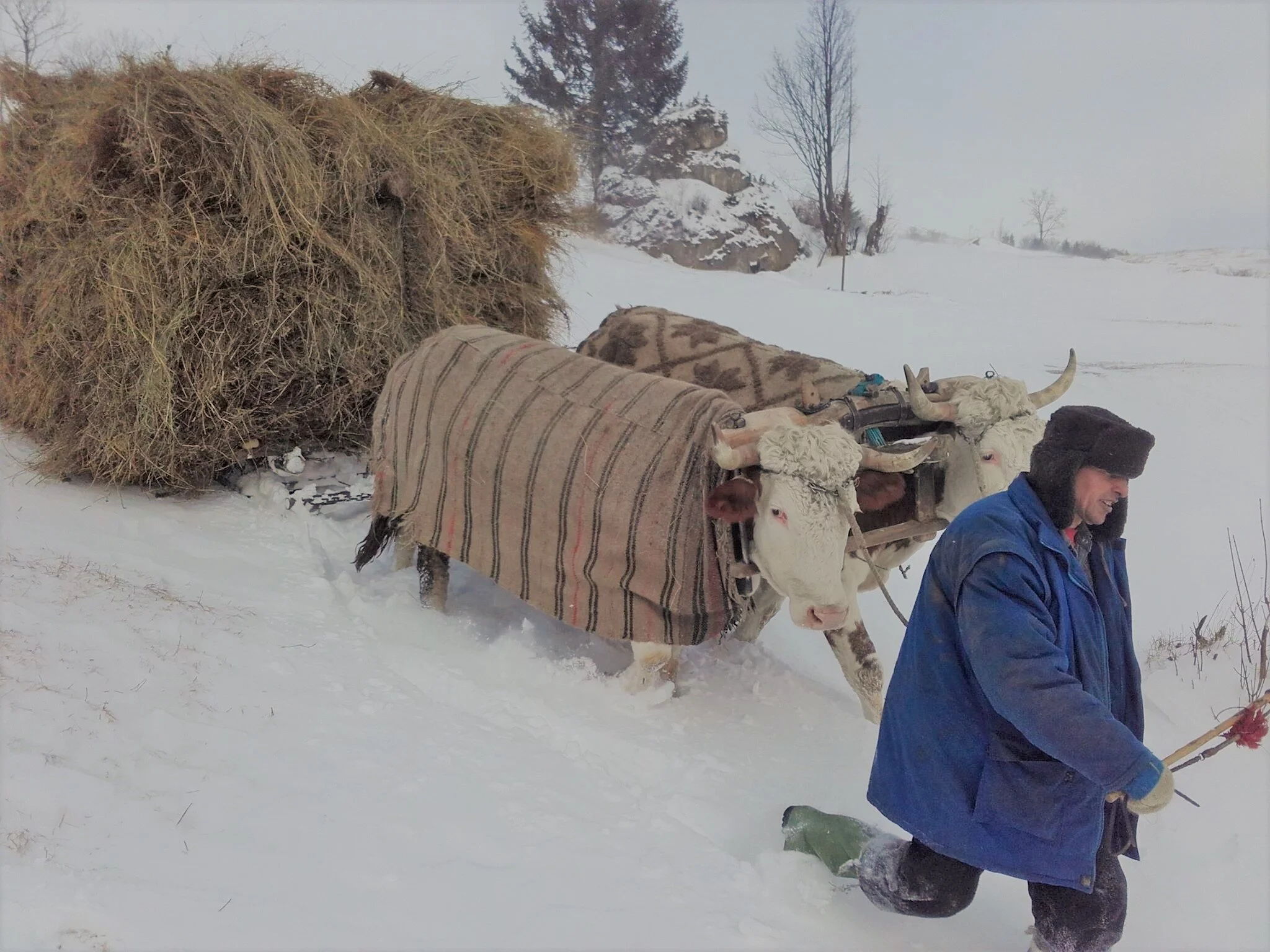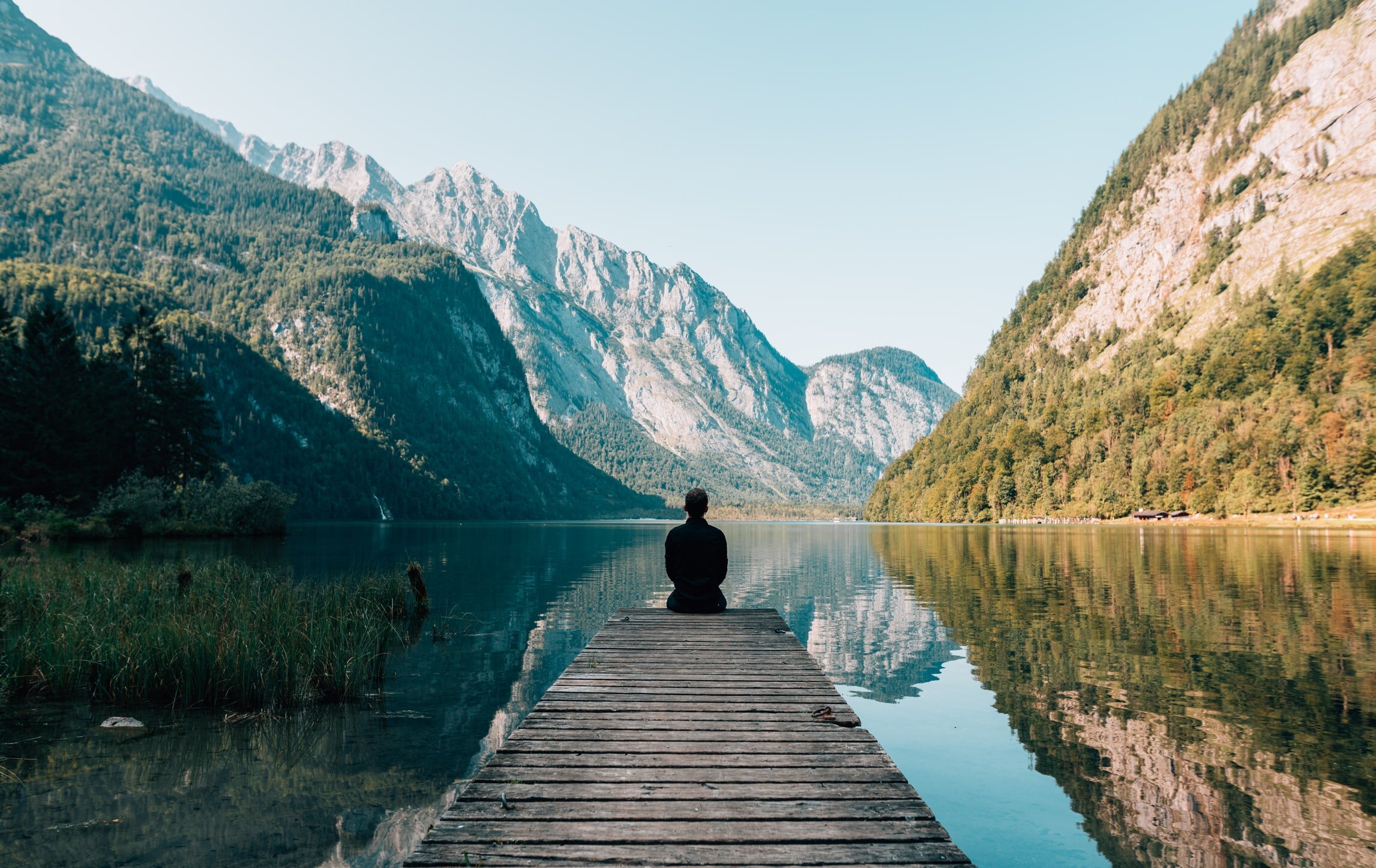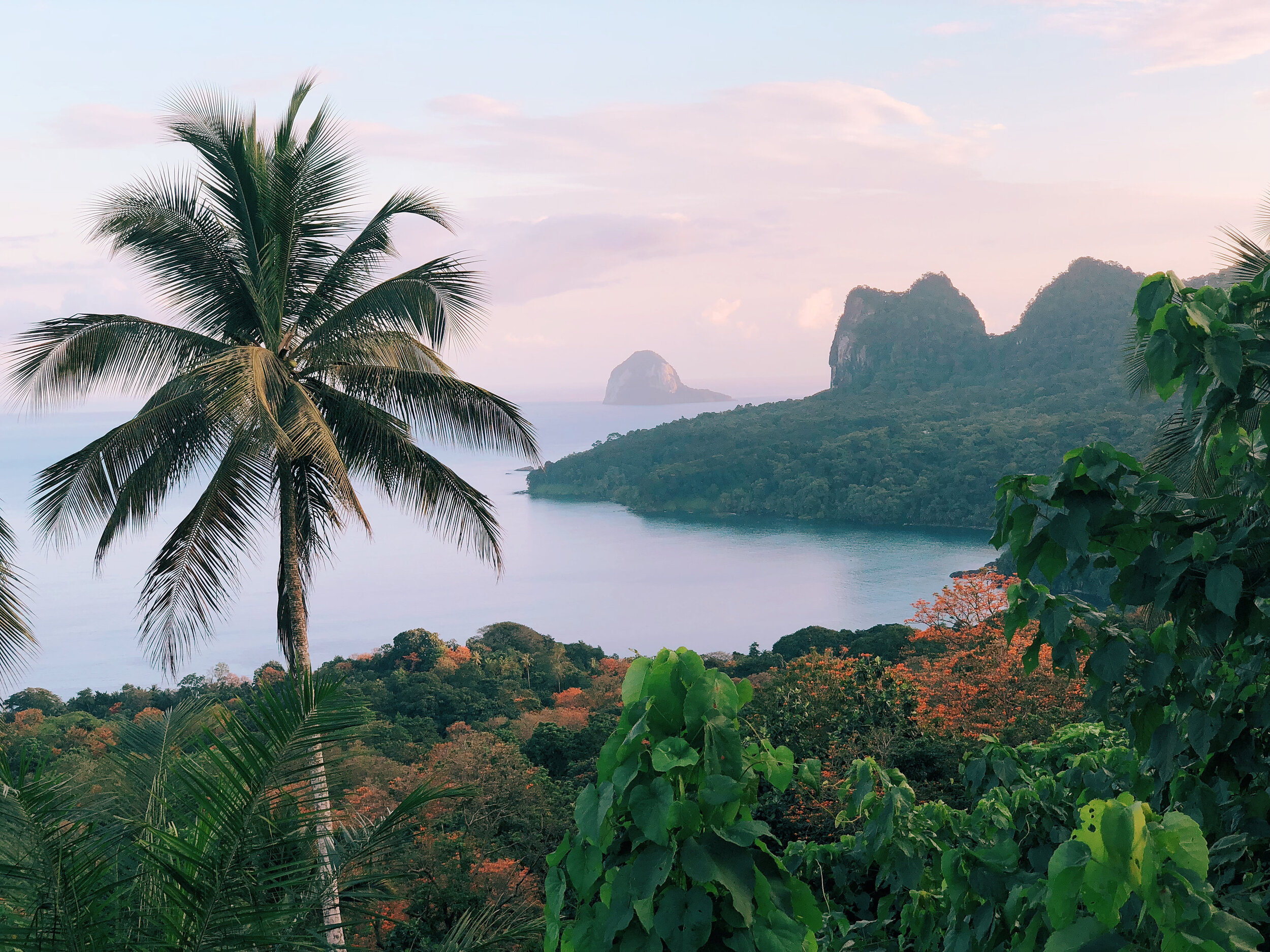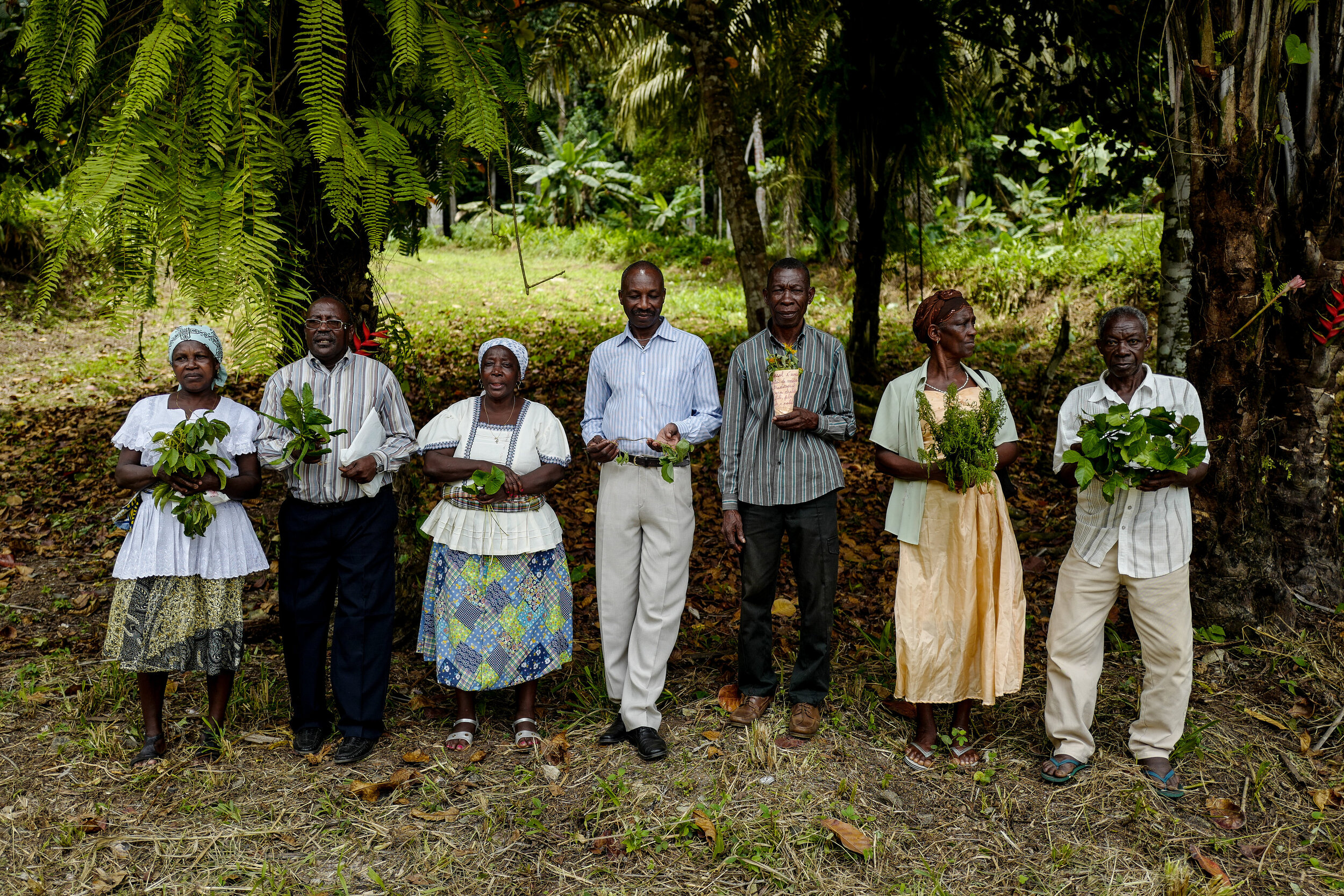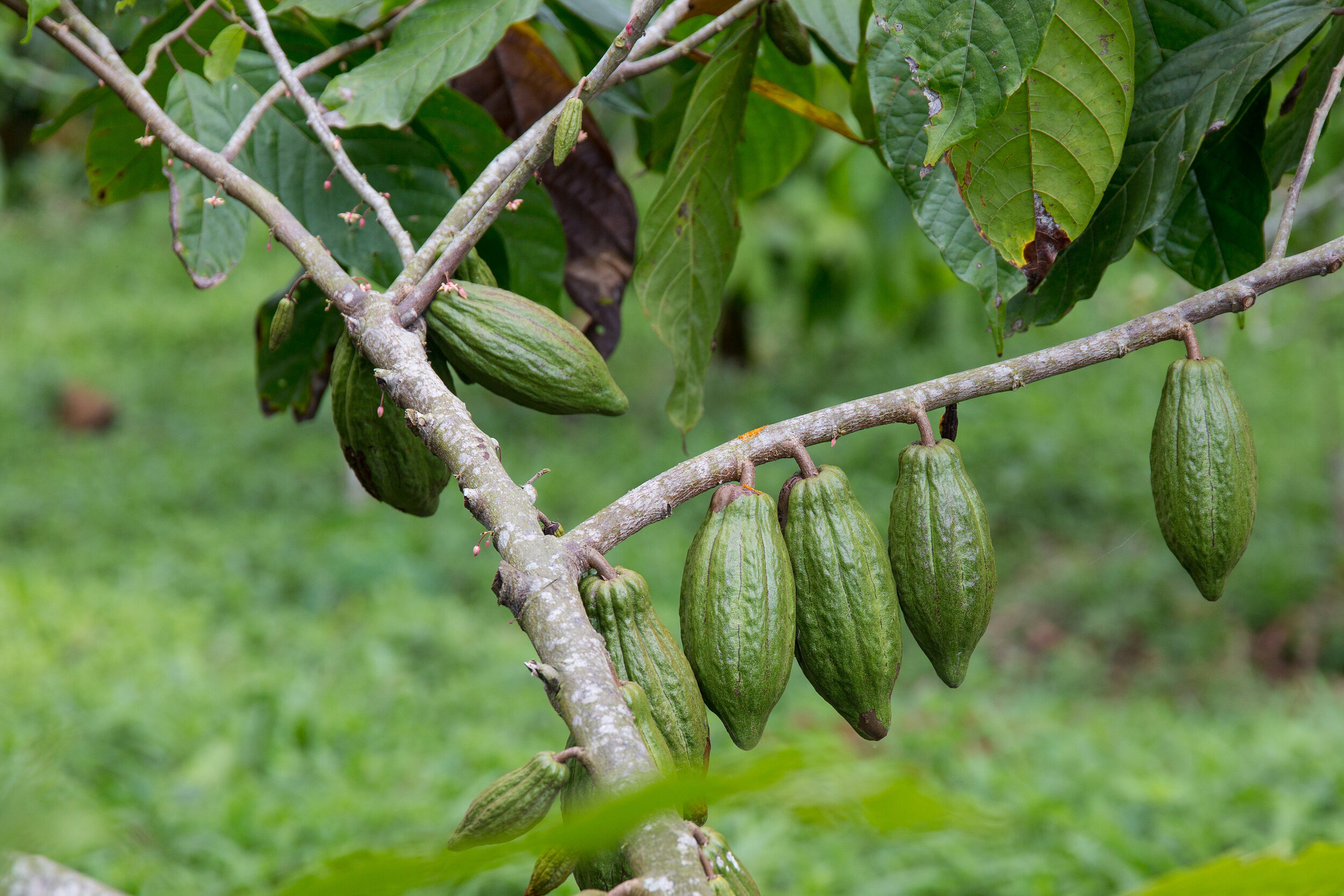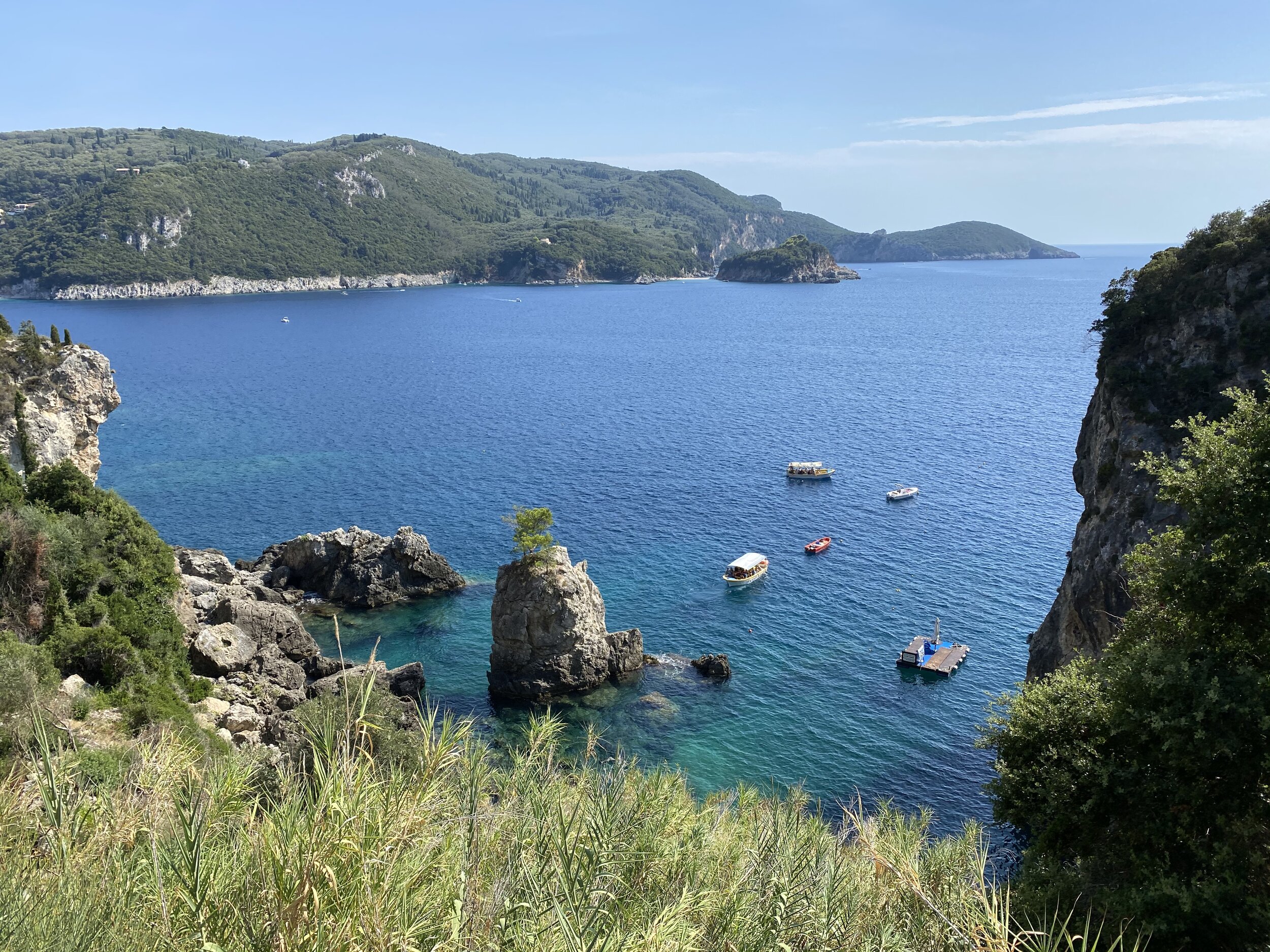The island of Lefkada is easily reachable from Preveza airport as it is connected to the mainland by a bridge. Lefkada means white in Greece and is known for its chalky cliffs, white pebble or sand beaches and milky blue waters.
On our trip to the island this summer we based ourselves in the Nidri area, known for its picturesque coves as well as numerous small islands dotting the sea around it. This is a sailor’s paradise and we couldn’t resist but book a boat for two days. You do not need a license for vessels of up to 30HP, the hire is affordable and the boat is easy to drive once you have been given the instructions. If booking a holiday through us, you can pre-book your boat hire though our trusted suppliers – this is particularly recommended in high season.
We spent two incredible days exploring wild beaches, swimming in the crystal-clear waters directly from the boat and sailing past privately own little islands. Scorpios in particular is quite famous around the world as it used to belong to Aristotle Onassis and this is the place where he married Jaqueline Kennedy. The island is now leased by a Russia heiress and is rumored to be turned into a luxury island resort in the coming years – the only of its kind in the Mediterranean.
One piece of advice - wear sunscreen! With a refreshing breeze and cooling sea splashing it feels deceptively comfortable making it easier to burn in the sun – we certainly paid the price!
After enjoying ourselves on Lefkada we made our way to the neighbouring island of Meganisi - so small, intimate, authentic and unspoilt. We had a car with us and crossed the sea on a local ferry operating between the two islands several times per day. The crossing is short and incredibly scenic, especially if you secure a seat on the top deck! We based ourselves in Vathy – a pretty sailing village with swanky yachts and sailing boats docked all around the marina!
The village is quiet during the day but comes alive in the evening when no less swanky people make their way to seaside tavernas to enjoy some fish and champagne! We contract some incredible villas in Meganisi – why not get in touch when thinking of your next summer holiday?
We decided to finish our holiday off on the mainland, closer to the airport. Our hotel of choice was the newly opened and highly anticipated Marbella Elix – without a doubt the best hotel in the area and a member of the prestigious Small Luxury Hotels of the World.
The hotel boasts a stylish contemporary design, comfortable rooms with large terraces and sea view as well as a stunning long beach. The hotel comes on Half Board or All-inclusive – I highly recommend going for All-inclusive as the resort is located in an unspoilt and undeveloped area so having AI will certainly make your life easier and the holiday more enjoyable.
This was a fantastic and luxurious ending to our trip and I can highly recommend the hotel – especially the room categories that enjoy their own pool!
Maryna travelled to Greece in July 2021, give her a call to discuss your holiday
Johny Chenn from Unsplash
Jeremy Stewardson from Unsplash
Sophie Dale from Unsplash










